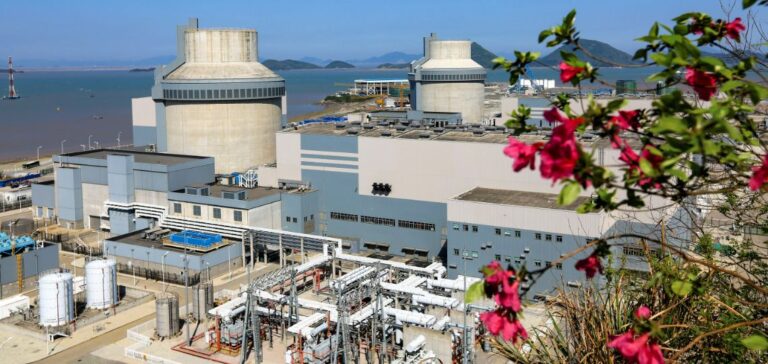Polskie Elektrownie Jądrowe (PEJ), a company wholly owned by the Polish State Treasury, has signed a new engineering agreement with the American consortium Westinghouse-Bechtel. This Engineering Development Agreement (EDA), described as a bridge agreement, allows preparatory work to continue for Poland’s first nuclear power plant at the Lubiatowo-Kopalino site in the Choczewo municipality, Pomerania. It replaces a previous 18-month engineering services contract which expired at the end of March without immediate renewal.
A renewed framework to finalise technical studies
This new agreement sets out the terms of cooperation between the parties for the coming months, particularly for the site-specific design and continued in-depth geological surveys. PEJ stated that this framework would also help secure the necessary administrative and regulatory approvals in accordance with the applicable legislation. The agreement will be formally signed after internal governance processes are completed.
The technology selected involves three AP1000 reactors developed by Westinghouse Electric Company. This decision, taken in November 2022 by the former Polish government, aims to diversify the national energy mix by 2033, the planned year for the first reactor’s commercial operation.
Political and financial backing reaffirmed
Polish Prime Minister Donald Tusk welcomed the conclusion of the agreement, calling it a tangible step forward in cooperation with American partners. He emphasised that the contract terms had been improved from a Polish perspective. Wojciech Wrochna, Secretary of State at the Ministry of Industry and Government Plenipotentiary for Strategic Energy Infrastructure, underlined the significance of the agreement for national energy security.
In parallel, legislation signed at the end of March by President Andrzej Duda allocates PLN60.2bn ($15.5bn) between 2025 and 2030 for the project. These public funds will be supplemented by external financing, primarily from export credit agencies such as the Export-Import Bank of the United States.






















